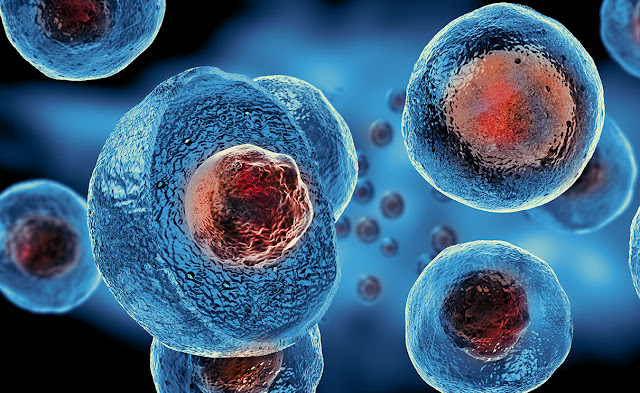Revolutionizing Healthcare: Unleashing the Potential of Stem Cell Therapy


 |
| Human Recombinant Insulin |
Diabetes, a chronic metabolic
disorder characterized by high blood sugar levels, affects millions of people
worldwide. Until the late 20th century, diabetes management relied on
animal-derived insulin, which posed limitations and risks for patients. However,
the advent of human recombinant insulin has revolutionized diabetes care in the
21st century, providing safer and more effective treatment options.
Human
Recombinant Insulin refers to insulin produced through genetic
engineering techniques, using bacteria or yeast to manufacture synthetic
insulin identical to that produced by the human body. This breakthrough in
biotechnology has paved the way for significant advancements in diabetes care,
benefiting millions of individuals living with diabetes.
One of the primary advantages of
human recombinant insulin is its reduced risk of adverse reactions. Prior to
its introduction, animal-derived insulin, usually obtained from pigs or cows,
posed the risk of causing allergies or triggering immune responses in some patients.
With human recombinant insulin, these risks are significantly minimized as it
closely mimics the natural human insulin, reducing the likelihood of allergic
reactions or complications.
Moreover, human recombinant
insulin offers increased purity and consistency in its production.
Animal-derived insulin contained impurities and variations that affected its
potency and effectiveness. By using genetically modified organisms to produce
insulin, the manufacturing process can be tightly controlled, resulting in
higher purity and a more consistent product. This allows for more precise
dosing and better glycemic control for individuals with diabetes.
Another crucial advantage is the
availability of different types of human recombinant insulin. Researchers have
developed various formulations, including rapid-acting, short-acting,
intermediate-acting, and long-acting insulin analogs. These different
formulations offer flexibility in treatment options, allowing healthcare
providers to tailor insulin therapy to each patient's specific needs. This
individualized approach to diabetes management improves patient outcomes and
enhances their quality of life.
Furthermore, human recombinant
insulin has facilitated advancements in insulin delivery systems. Today, there
are a variety of insulin administration devices, such as insulin pens, insulin
pumps, and continuous glucose monitoring systems, which have made insulin
therapy more convenient and less invasive for patients. These innovations,
coupled with the use of human recombinant insulin, have transformed the way
individuals with diabetes manage their condition, empowering them to lead more
active and fulfilling lives.
Human Recombinant Insulin has
brought about a paradigm shift in diabetes care in the 21st century. Its
superior safety profile, increased purity, consistent production, and
availability of different formulations have significantly improved the
management of diabetes. Additionally, the development of advanced insulin
delivery systems has made treatment more accessible and convenient for
patients. As research and technology continue to advance, it is anticipated
that human recombinant insulin will continue to play a vital role in
transforming diabetes care, further improving the lives of millions of
individuals worldwide.
Comments
Post a Comment